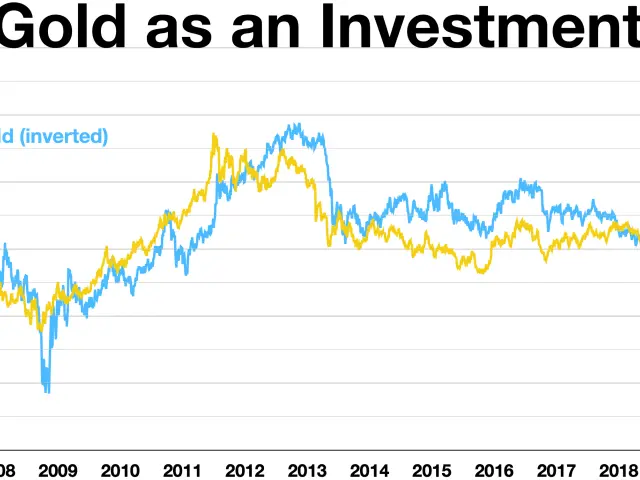International accord on controlling plastic pollution falters
Negotiations for a globally binding agreement on plastic waste have come to a halt among 180 countries, due to irreconcilable disagreements over the treaty’s scope and key issues such as plastic production, chemical controls, waste management responsibilities, and export regulations.
Two main blocs, the High Ambition Coalition (HAC) and the Like-Minded Group (LMG), hold fundamentally opposing positions that block consensus.
The High Ambition Coalition, consisting of about 70 countries, aims for a comprehensive treaty that addresses the full lifecycle of plastics, including ambitious targets to reduce plastic production and use, mandate transparency and phase-out of harmful chemicals in plastics, and regulate global plastic waste trade through prior notification and consent systems. Their goal is to end plastic pollution globally by 2040 through strong, enforceable measures.
In contrast, the Like-Minded Group, largely comprising many plastic-producing countries, insists on a narrow focus mostly on plastic waste management and recycling rather than production or chemical controls. This group resists commitments that would constrain plastic production or regulate hazardous additives, arguing that such measures hurt their economic interests. They reject strong export controls and prefer placing responsibility for waste on consumers rather than producers or governments.
The failure to reach an agreement thus stems from these fundamental disagreements:
- The HAC demands binding, ambitious controls on plastic production and hazardous chemicals, plus transparency and control over plastic waste exports with consent mechanisms.
- The LMG opposes production limits and chemical regulations, favoring voluntary or less stringent waste management approaches that shift burden onto individuals.
- Disputes over defining key terms and the treaty’s legal scope led to deadlocks during negotiations in Geneva, with no side willing to compromise substantially.
This deadlock has resulted in the collapse of the negotiation process without a legally binding global treaty, seen as a failure to adequately address the worsening plastic pollution crisis and its health and environmental harms.
The High Ambition Coalition, however, remains determined in their fight against plastic pollution. They aim to remove single-use plastic such as cups or cutlery from the market, and promote a circular economy in which the resources of a product are processed and reused.
References:
[1] BBC News. (2022, March 3). Global plastic waste treaty talks fail after three years. BBC. https://www.bbc.com/news/science-environment-59661603
[2] United Nations Environment Programme. (n.d.). The Global Commitment on Plastics. UNEP. https://www.unenvironment.org/explore-topics/waste/what-we-do/the-global-commitment-on-plastics
[3] European Commission. (2022, February 24). Negotiations on a global legally binding instrument on plastic pollution fail. European Commission. https://ec.europa.eu/commission/presscorner/detail/en/ip_22_1118
[4] The Guardian. (2022, March 3). Global plastic pollution treaty talks collapse after three years. The Guardian. https://www.theguardian.com/environment/2022/mar/03/global-plastic-pollution-treaty-talks-collapse-after-three-years
Read also:
- Amidst India's escalating climate crisis, transgender individuals continue to persevere
- Germany's three-month tenure under Merz's administration feels significantly extended
- Governing body allegedly persists in enjoying vacation time amidst Spain's highest danger level due to fires, claims Feijóo
- United Nations Human Rights Evaluation, Session 45: United Kingdom's Statement Regarding Mauritius' Human Rights Record








